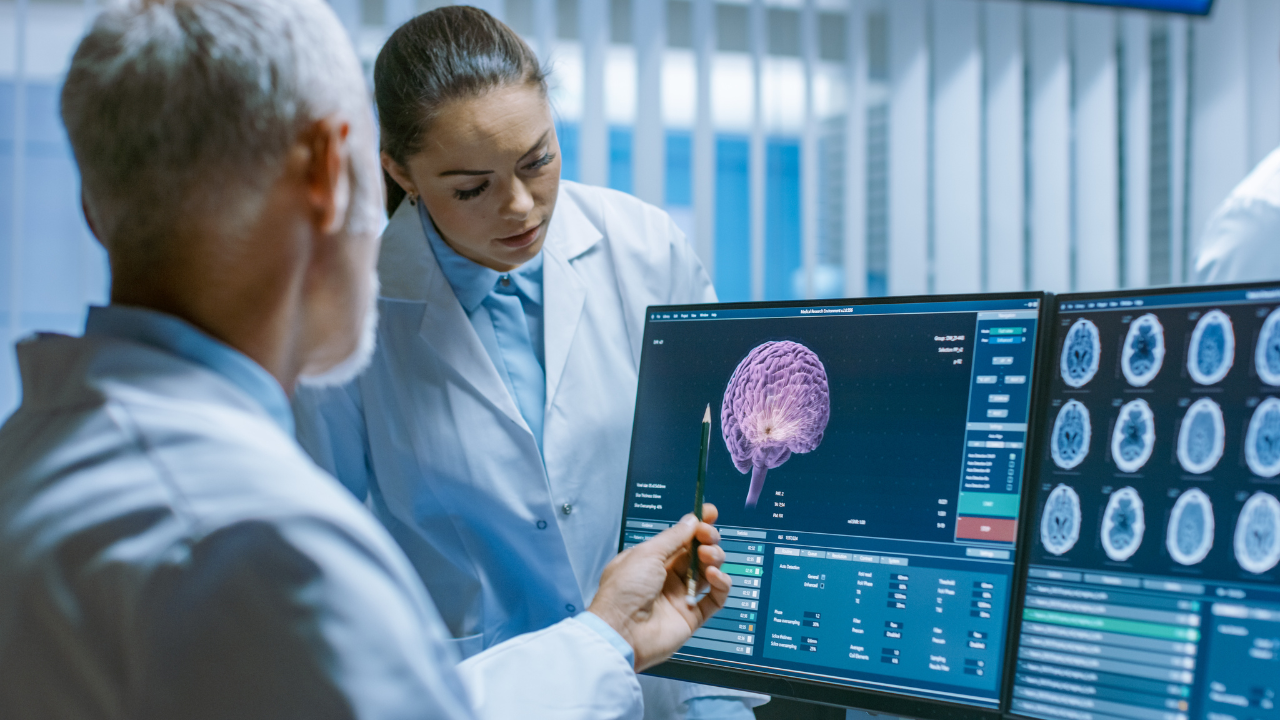-
news
-
Health
How cutting-edge treatments for brain and spinal cord disorders are changing lives
Combining modern medical advances with skilled expertise, neurosurgery continues to evolve, offering patients the potential for effective solutions and a better quality of life.

Image – Canva
When it comes to our brain and spine, even small problems can have a significant impact on our daily lives. it is right here neurosurgery Step into a field dedicated to the diagnosis, treatment and management of neurological disorders, injuries or diseases. Neurosurgery plays an important role in treating conditions of the brain, spine and nervous system. These conditions can greatly affect a person Quality of lifeBut due to advances in medical science, treatments have become more effective and less invasive.
Dr. Nagesh Chandra, Senior Consultant and Head of Neurosurgery and Spine Surgery, Aakash Healthcare, New Delhi explains that brain tumors Are among the most common neurosurgical diseases. These tumors can be benign (noncancerous) or malignant (cancerous) and include headaches, seizures, balance problems, vision problems, nausea, fatigue, difficulty speaking, behavioral abnormalities, and trouble moving a leg or arm. Such symptoms may occur. Depending on the tumor’s size, location, and effect on surrounding tissues, treatment includes stereotactic radiosurgery (SRS), endoscopic brain surgery, and craniotomy.
Dr. Chandra further says that brain aneurysm There is another serious situation. These include an abnormal ballooning or bulge in the wall of a brain artery, which has the potential to rupture and cause life-threatening bleeding. A sudden, severe headache is often a warning sign of a ruptured aneurysm. Effective treatments include surgical clipping, endovascular coiling, and flow diversion therapy.
while discussing spinal cord disordersDr. Chandra says that the spine is a complex system of muscles, bones, joints, ligaments and discs that support the body and protect the spinal cord. Common treatments for spine problems include discectomy, which removes a portion of the herniated disc that is pressing on the nerve; laminectomy, which relieves pressure on the spinal cord or nerves caused by spinal stenosis; and spinal fusion, which permanently joins two or more vertebrae to manage degeneration or instability.
Traumatic brain injury (TBI), caused by a sudden blow to the head, can impair brain function depending on the severity of the injury. Dr. Chandra explains that treatment may include removing clotted blood to reduce pressure on the brain, repairing skull fractures, or addressing bleeding in the brain due to trauma. Symptoms of TBI can vary widely, ranging from mild to severe, but timely intervention is important to reduce complications.
“Neurosurgery is not only about treating life-threatening conditions but also about enhancing the overall well-being of the patient,” explains Dr Chandra. “Conditions like brain tumors, aneurysms and spinal cord disorders can be managed effectively with the right approach. early diagnosiscombined with progress in minimally invasive techniquesEnsures better results and quick recovery.
He further points to the importance of public awareness neurological health“Understanding the symptoms and seeking timely medical advice can make a significant difference in the success of treatment,” he says. “With the continued development of neurosurgical techniques, we can provide patients with a new sense of hope and a better quality of life.”
Get the latest news live on Times Now with breaking news and top headlines from around the world.


